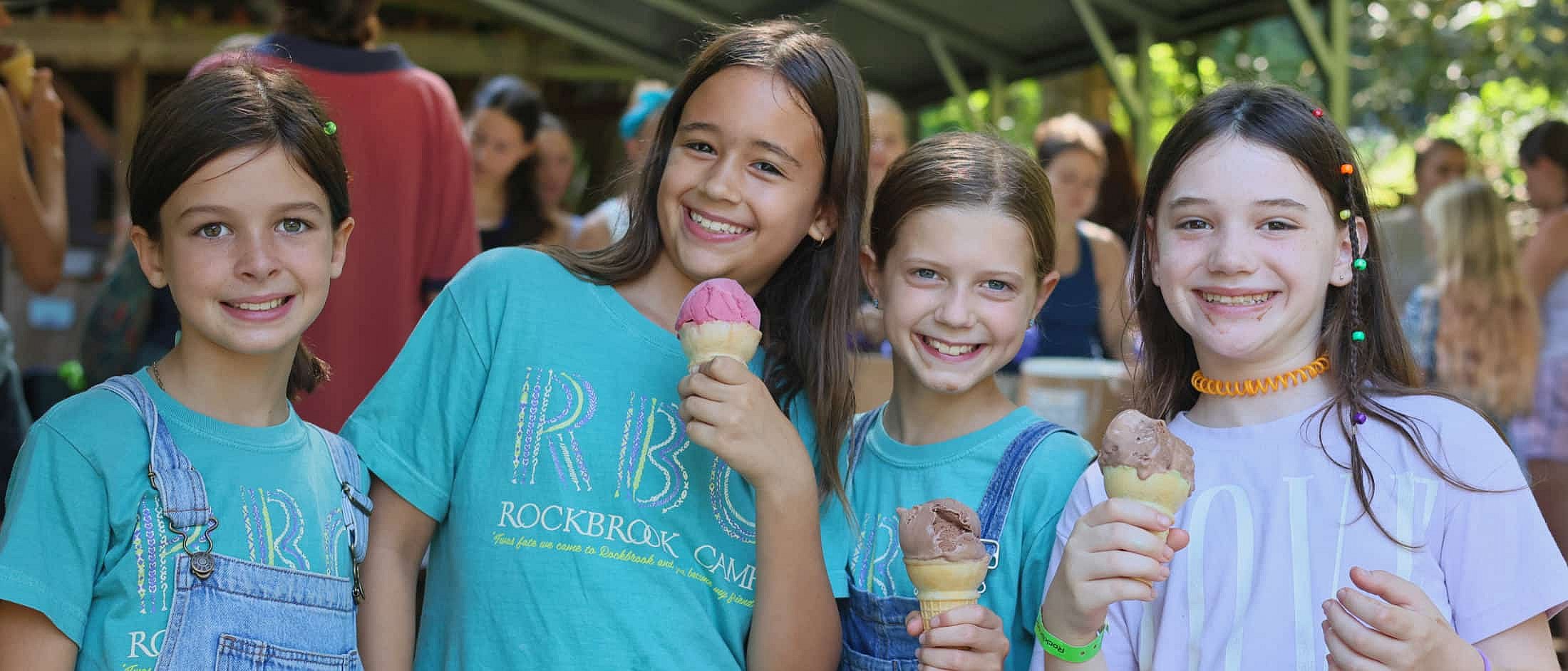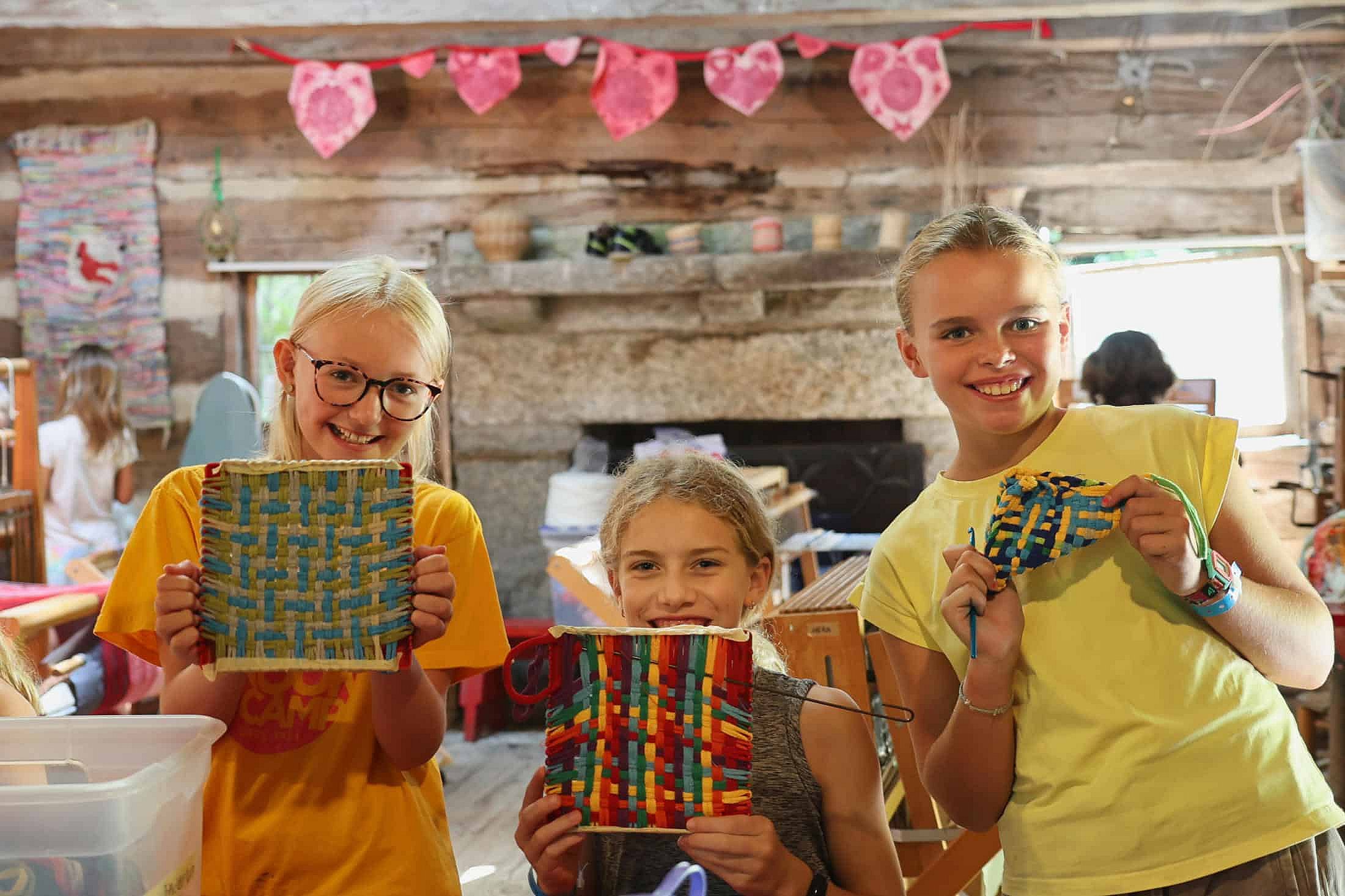This past summer, teenage campers introduced me to “Internet Brain Rot,” a term for how excessive social media use fragments attention, reduces thinking to hashtags, and leaves them feeling mentally drained. But the real damage goes deeper than cognition. Online life erodes something fundamental: our capacity for authentic human connection.
Despite promising to connect us, digital environments separate us physically and emotionally. They fragment our shared reality into algorithm-driven feeds, promote zero-sum competition, and reduce relationships to transactions. Young people are losing practice in the face-to-face work of navigating differences and finding identity through community contribution— suffering from too much “me” and not enough “we.”
The African concept of Ubuntu— which recognizes that we become fully human only through relationships with others— helps us understand what’s being lost. Ubuntu places compassion, mutual care, and relational identity at the center of human flourishing. That interdependence is exactly what gets eroded when we live online.
Summer camp offers an antidote. As a lived example of Ubuntu principles, camp provides essential practice in relational skills that digital environments can’t teach. This reframes camp as crucial developmental work, and suggests that youth development programs focused solely on individual achievement may be missing opportunities to cultivate the “Ubuntu consciousness” that helps communities, and individuals within them, truly thrive.


0 Comments
Comment section